| Dimensions | 20×20, 30×30, 50×50, 70×70, 100×100 |
|---|
Bob Nosa Impression Plexiglas
35,00 € – 350,00 €
Œuvre de l’artiste Bob Nosa.
Un jour, la colère lui est venue. Comme la couleur qui sort du tube, puissante et pâteuse, la certitude que la toile n’est pas là pour faire joli, mais qu’elle affirme, qu’elle défend, qu’elle s’insurge, quand le monde tout autour devient insupportable. Ça ne tourne pas vraiment rond, ne cesse-t-il de répéter dans ses acryliques, pétantes de sons et de rictus. Et les toiles sont autant de refus, face à la corruption, aux exactions de la police et à cette schizophrénie du pouvoir. Bob-nosa parle du Nigeria ?
Certainement, mais est-ce que cela concerne seulement ce pays ? Au nord, au sud, dans cette grande surface planétaire, et qui laisse faire, les yeux tournés de l’autre côté.
Vous devez être connecté pour publier un avis.

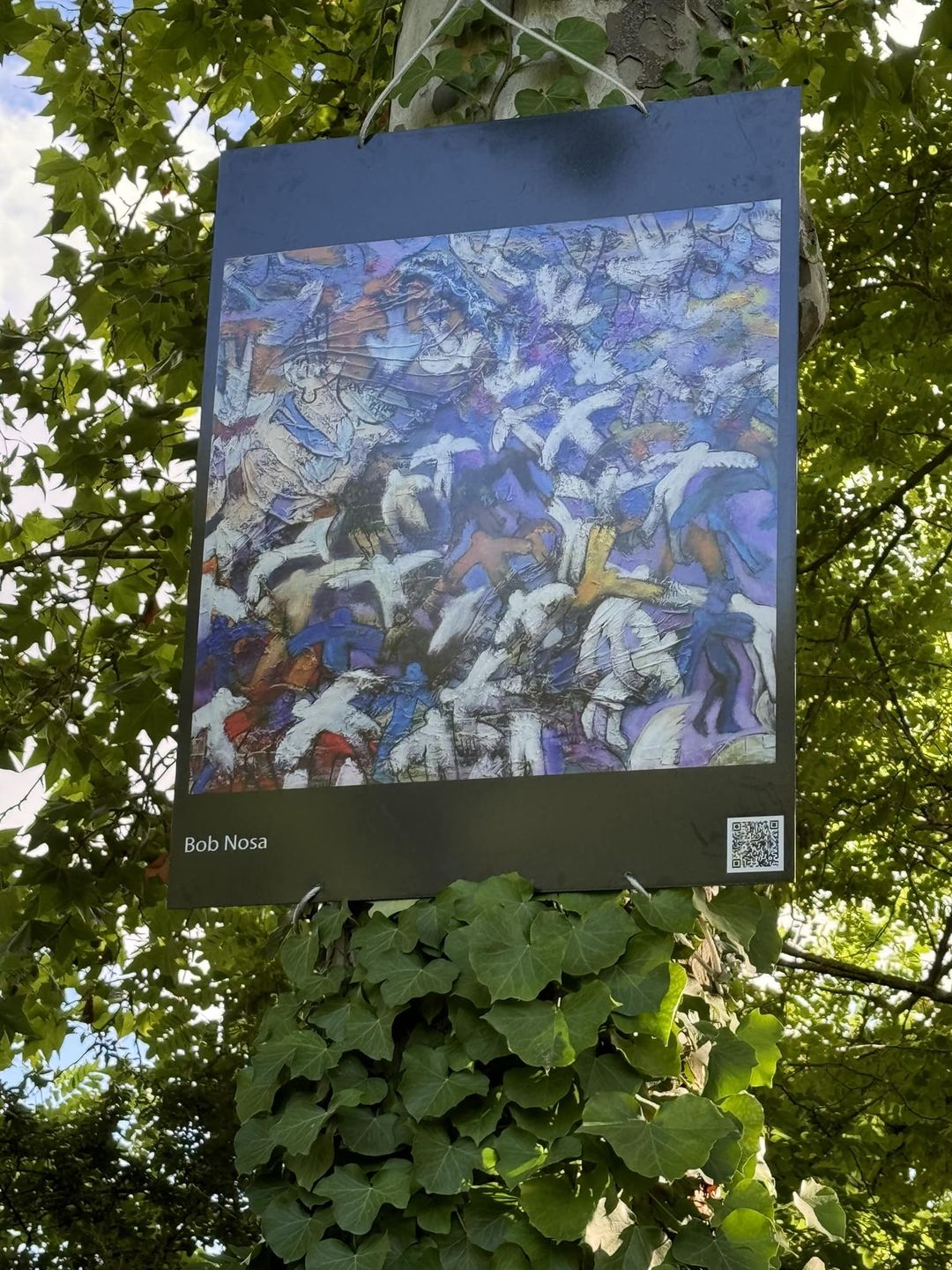
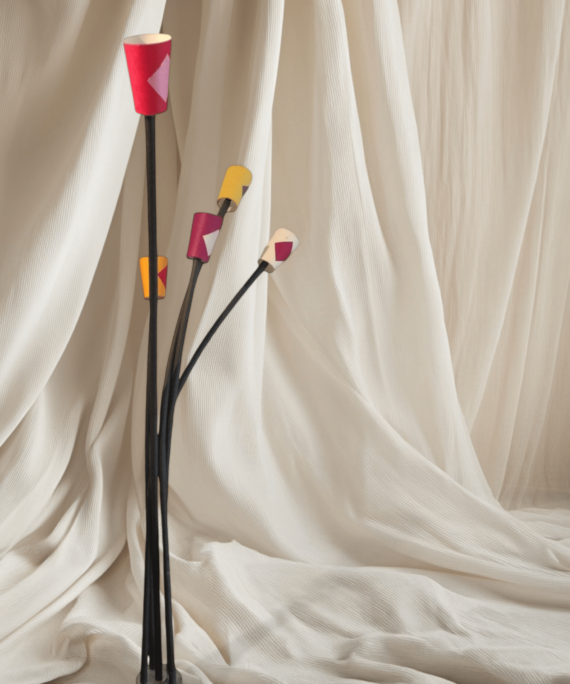
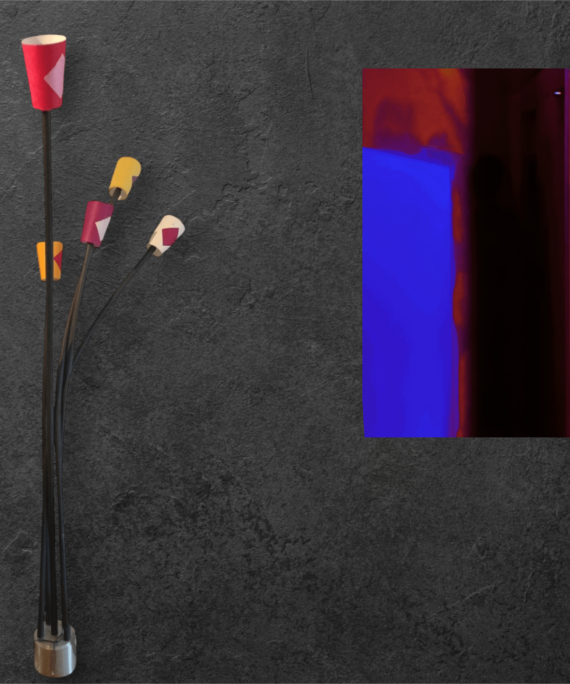
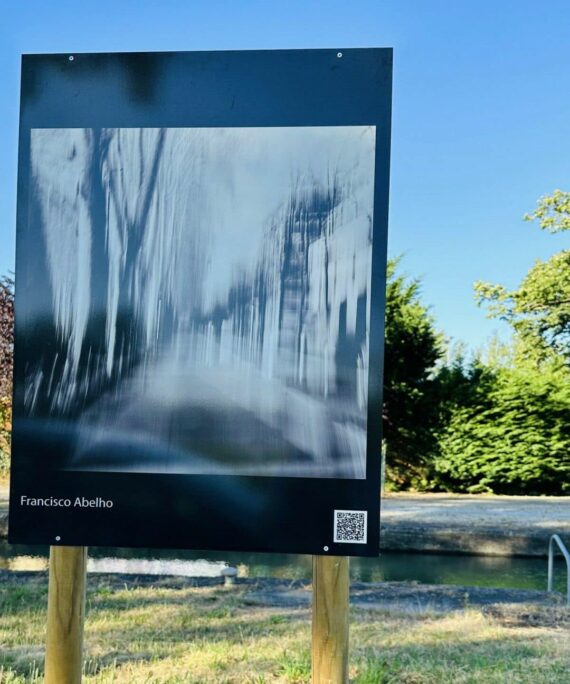
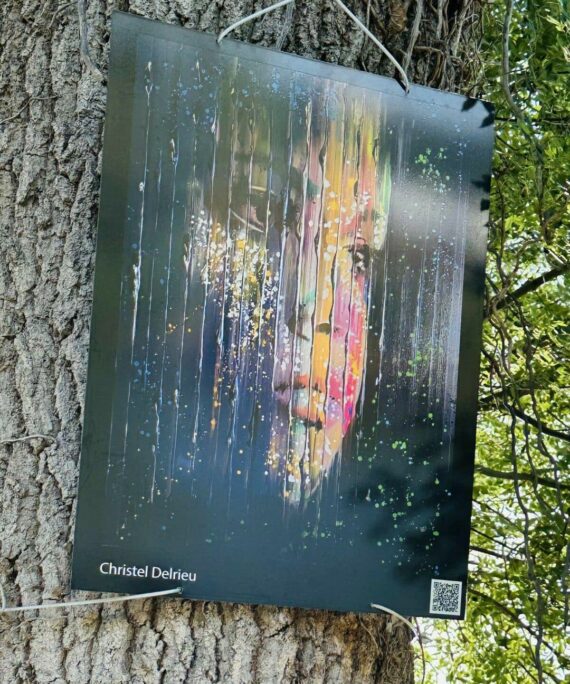
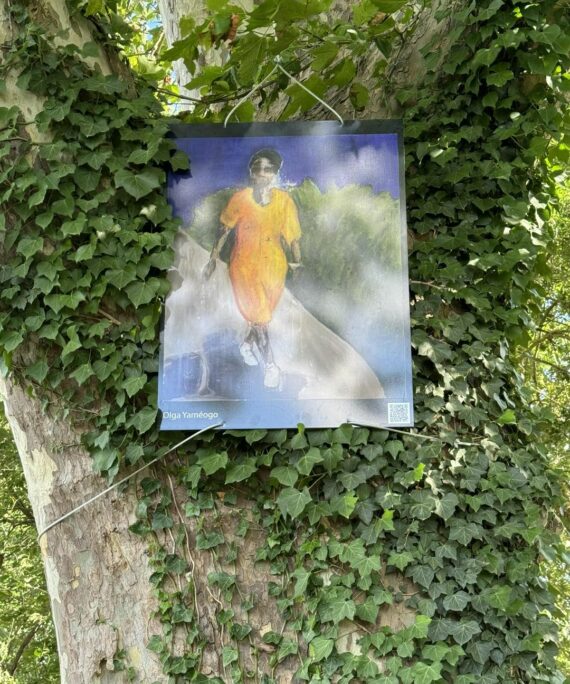
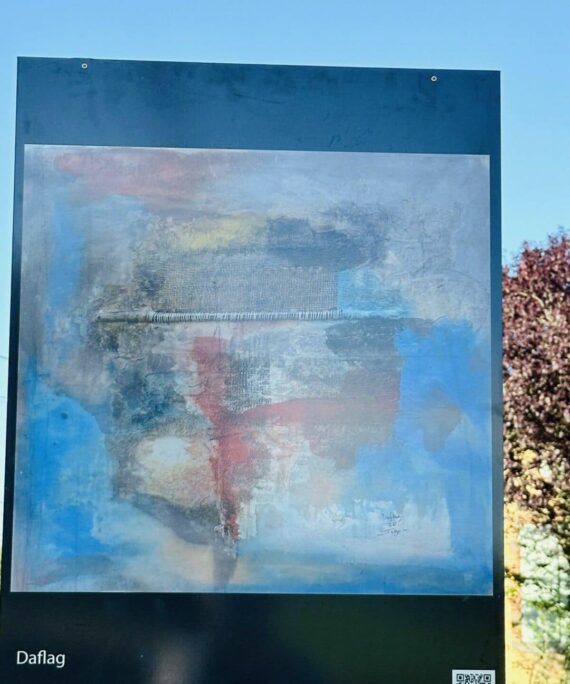
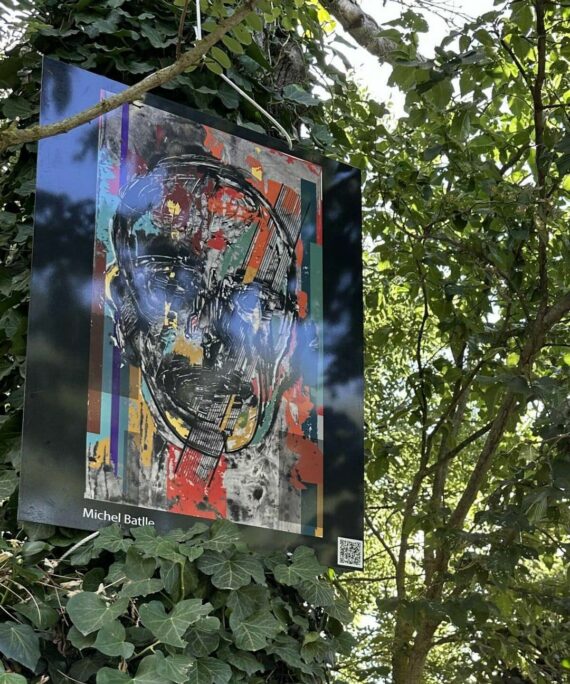
Avis
Il n’y a pas encore d’avis.